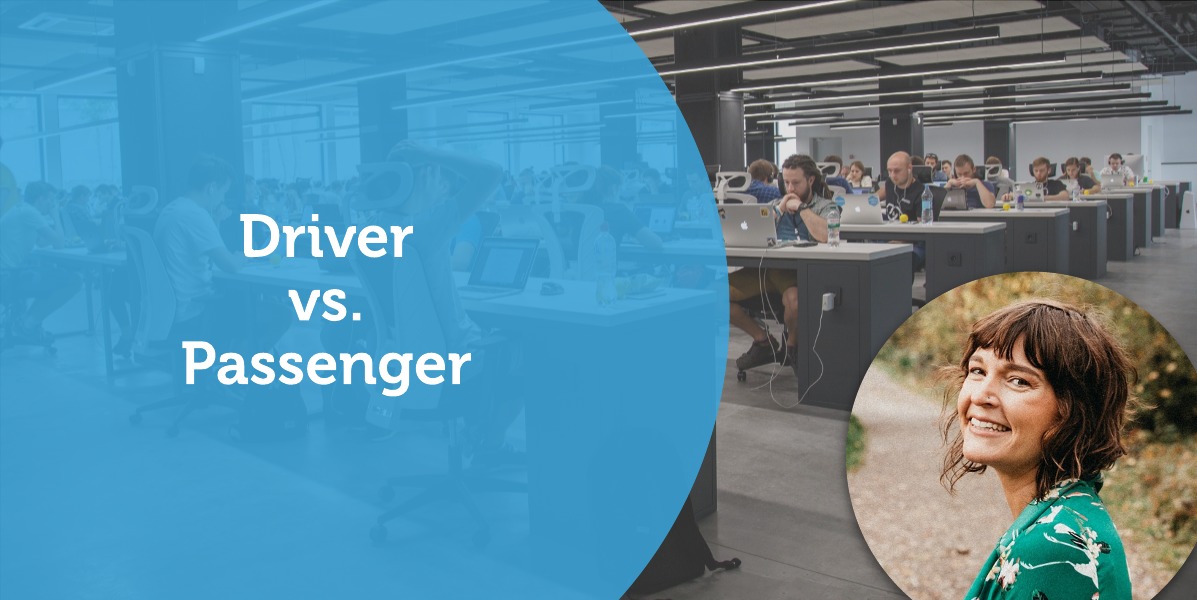 A Coaching Power Tool Created by Natalia Pliszczak
A Coaching Power Tool Created by Natalia Pliszczak
(Life Coach, ZURICH)
Have you ever noticed that many people blame what happens to them in life to others, or to external events? So many people don’t take the time to question themselves and don’t realize that what is happening to them is a result of their feelings (how they see things and potential issues) and actions (how they face issues and react to them).
In fact, sometimes it can feel very comforting to blame others for what happens to you. That means that you’re not really responsible for your current situation and that it’s useless to do anything about it because external influences guide your life and it is out of your power. That’s why you end up staying on your couch, feeling lost about your life, but somehow giving up on it.
Nevertheless, if someone thinks this way about his life, it will be difficult for him to own it and to change it. In order to create a life more in line with what someone really wants, he needs to realize that he’s the one who can change his own life and that he shouldn’t blame external events, or shouldn’t wait for external miracles to happen.
Passenger
noun
- a person who is travelling in an automobile, bus, train, airplane, or other conveyance, especially one who is not the driver, pilot, or the like.
- a wayfarer; traveler.
In the coaching context, I understand a passenger as someone who sits in the passenger seat of his life, looking at things and events happening to him without being able to change its direction or interfere in any way.
If I’m in the passenger seat:
Driver
noun
- a person or thing that drives.
- a person who drives a vehicle; coachman, chauffeur, etc.
In the coaching context, I understand a driver as someone who takes control of is life, who knows that he’s the one who can lead his life towards the direction he desires.
If I’m in the driver seat:
How to create that shift from passenger mindset to driver mindset in someone?
With coaching, we can help people realize that this kind of situation is not the end of the world; it is only the situation they created because of their “victim” or “passenger” mindset.
They need to face reality and accept and embrace the fact that they can do something about their situation.
Once this shift is done, it will create an aha moment in the client’s head and it will help him move out of this “victim” zone and help him actually take action.
To do so, we can ask powerful questions to the client to help him realize his current situation and make want to take actions.
These questions can be: